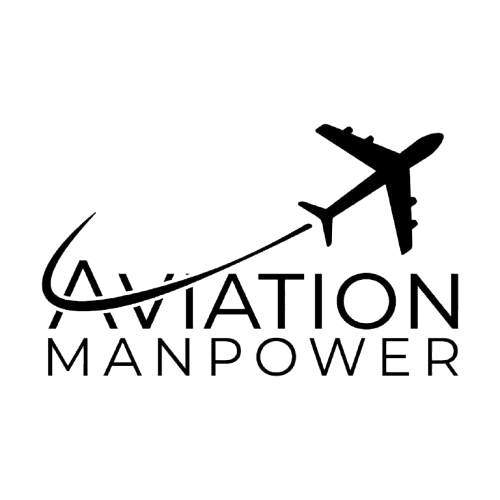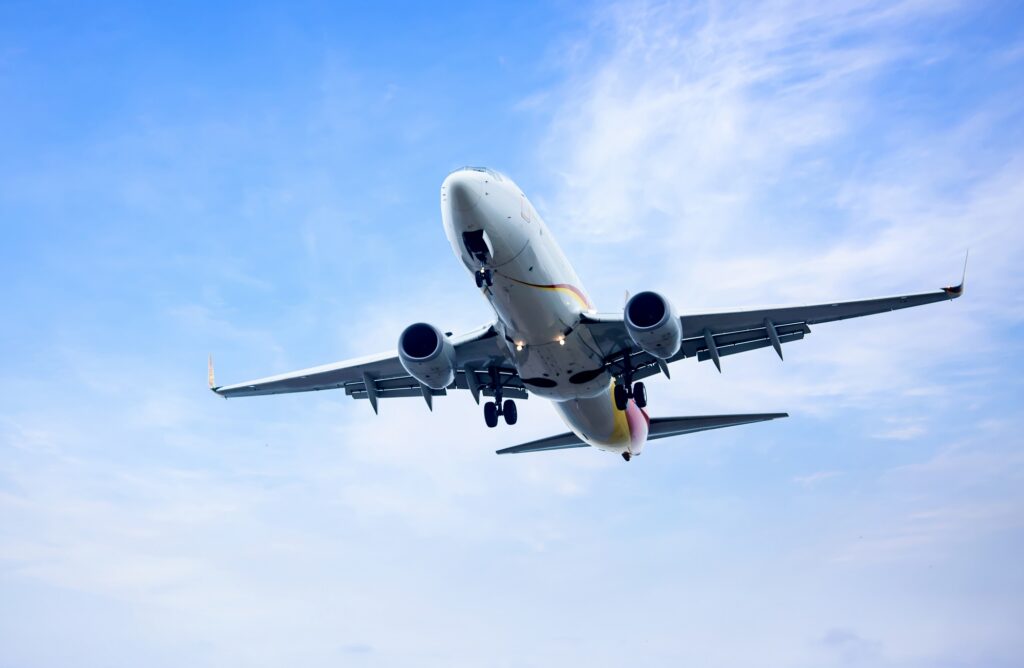Introduction
Have you ever dreamed of soaring through the skies or working in a fast-paced, high-tech industry? If so, a career in aviation might be the perfect fit for you. Whether you want to become a pilot, air traffic controller, or aviation engineer, the industry offers a range of exciting opportunities. But how do you get started? In this guide, we’ll walk you through the step-by-step process of launching a career in aviation, covering everything from education to networking with aviation recruiters.
Understanding the Aviation Industry
Before diving into a career in aviation, it’s important to understand the industry’s landscape. The aviation sector includes commercial airlines, cargo transport, private aviation, aerospace engineering, and regulatory bodies. Each segment offers different career paths and opportunities.
Choosing the Right Career Path in Aviation
Aviation careers are diverse, so you need to choose one that matches your interests and skills. Here are some popular options:
- Pilots: Require extensive training and certifications but offer high salaries and travel opportunities.
- Aircraft Maintenance Technicians: Work on aircraft systems to ensure safety and efficiency.
- Air Traffic Controllers: Manage flight operations and ensure safe landings and takeoffs.
- Aviation Engineers: Design and develop aircraft and aviation technologies.
- Flight Attendants: Provide in-flight services and safety briefings.
Educational Requirements and Training
Your educational path depends on your chosen career. Here’s what you need:
- Pilots: Flight school and FAA (or equivalent) certification.
- Engineers: A degree in aerospace or mechanical engineering.
- Air Traffic Controllers: Specialized training programs.
- Technicians: Vocational or technical training in aircraft maintenance.
Essential Skills for Aviation Careers
The aviation industry values both technical and soft skills. Important skills include:
- Problem-solving: Quick decision-making is crucial, especially for pilots and controllers.
- Communication: Clear and precise communication ensures smooth operations.
- Attention to detail: Small errors can have big consequences in aviation.
- Teamwork: Aviation professionals must work together for safety and efficiency.
Certifications and Licensing
Depending on your role, you may need various certifications, such as:
- Private Pilot License (PPL) or Commercial Pilot License (CPL)
- Airframe and Powerplant (A&P) Certification for Technicians
- ATC Certification for Air Traffic Controllers
- FAA or CAA Certifications for various aviation roles
How to Gain Experience in the Aviation Field
Experience is key to landing a job. Here’s how to build it:
- Internships: Many airlines and aviation companies offer internships.
- Apprenticeships: Hands-on training under experienced professionals.
- Volunteering: Working at aviation expos or airshows.
- Flight Hours: Aspiring pilots must log specific flight hours.
Networking and Connecting with Aviation Recruiters
Aviation recruiters can be your gateway to the industry. Here’s how to connect with them:
- Attend aviation job fairs and expos.
- Join professional associations like AOPA or NBAA.
- Use LinkedIn to connect with industry professionals.
- Engage with recruiters through company career portals.
Job Application Process in Aviation
Applying for aviation jobs requires a strategic approach:
- Tailor Your Resume: Highlight relevant skills and experience.
- Write a Strong Cover Letter: Show enthusiasm for the industry.
- Apply Online and Network: Many aviation companies hire through referrals.
Interview Tips for Aviation Jobs
- Research the company and role.
- Dress professionally and be punctual.
- Prepare for technical and behavioral questions.
- Showcase your problem-solving abilities.
Advancing Your Career in Aviation
Aviation offers numerous opportunities for career growth. To climb the ranks and secure better positions, consider the following steps:
Further Education and Training: Continuous learning is essential in aviation. Pursue advanced degrees or specialized courses related to your field, such as aviation management, aeronautical engineering, or air traffic control. Staying updated with industry trends and technological advancements will give you a competitive edge.
Obtaining Advanced Certifications: Acquiring additional certifications, such as an Airline Transport Pilot License (ATPL) for pilots or an Aircraft Maintenance Engineer (AME) certification, can significantly enhance your career prospects. These qualifications showcase your expertise and commitment to professional development.
Seeking Mentorship from Industry Professionals: Connecting with experienced aviation professionals can provide valuable insights and career guidance. Join aviation networks, attend industry conferences, and seek mentorship from senior colleagues. Learning from their experiences can help you navigate challenges and discover new opportunities.
By investing in education, certifications, and networking, you can advance your aviation career and achieve long-term success.
Challenges and Rewards of an Aviation Career
Aviation is a demanding yet rewarding industry. Understanding the challenges and benefits can help you make informed career decisions.
Challenges:
- Extensive Training and Certifications: Aviation roles require rigorous training, exams, and certifications, which can be time-consuming and costly.
- Irregular Working Hours: Many aviation professionals work in shifts, including nights, weekends, and holidays, affecting work-life balance.
- High Responsibility and Pressure: Ensuring passenger safety and adhering to strict regulations add immense responsibility and pressure to the job.
Rewards:
- Competitive Salaries and Benefits: Aviation careers, particularly for pilots, air traffic controllers, and engineers, offer attractive salaries and benefits, including travel perks and retirement plans.
- Exciting and Dynamic Work Environment: Every day in aviation brings new challenges, making it an exhilarating and fulfilling profession.
- Travel Opportunities: Aviation jobs often involve international travel, allowing professionals to explore new destinations and cultures while working.
Despite its challenges, a career in aviation offers significant professional and personal rewards for those passionate about the industry.
Future Trends in the Aviation Industry
The aviation industry is rapidly evolving, driven by technological advancements and environmental considerations. Here are some key future trends:
Increased Automation and AI Integration: The use of artificial intelligence in aviation is growing, enhancing flight operations, air traffic control, and maintenance. Automation in cockpits and ground operations is improving efficiency and reducing human error.
Sustainable Aviation Fuel Developments: With increasing focus on environmental sustainability, airlines are investing in biofuels and electric-powered aircraft. Sustainable aviation fuel (SAF) aims to reduce carbon emissions and dependency on fossil fuels.
Growth of Private and Space Aviation: The rise of private aviation services, including luxury charter flights and personalized travel experiences, is expanding. Additionally, commercial space travel is gaining momentum, with companies like SpaceX and Blue Origin pioneering new opportunities for space tourism and exploration.
As these trends shape the industry, professionals must stay updated and adapt to the changing landscape to remain competitive in the aviation sector.
Conclusion
Starting a career in aviation requires dedication, education, and persistence. Whether you aim to become a pilot, engineer, or air traffic controller, following the right steps will set you on the path to success. Connect with aviation recruiters, gain experience, and continuously improve your skills to land your dream job.
FAQs
1. What qualifications do I need to become a pilot?
You need a Private Pilot License (PPL), followed by a Commercial Pilot License (CPL) and additional certifications depending on your role.
2. How long does it take to start a career in aviation?
It depends on the role. Pilots take 2-5 years, while technicians may need 1-2 years of training.
3. Are aviation careers financially rewarding?
Yes, many aviation jobs offer competitive salaries and benefits, especially for experienced professionals.
4. How do I find aviation recruiters?
Attend job fairs, use LinkedIn, and connect through company career pages.
5. What is the job outlook for aviation careers?
The aviation industry is growing, with increasing demand for pilots, engineers, and air traffic controllers.

